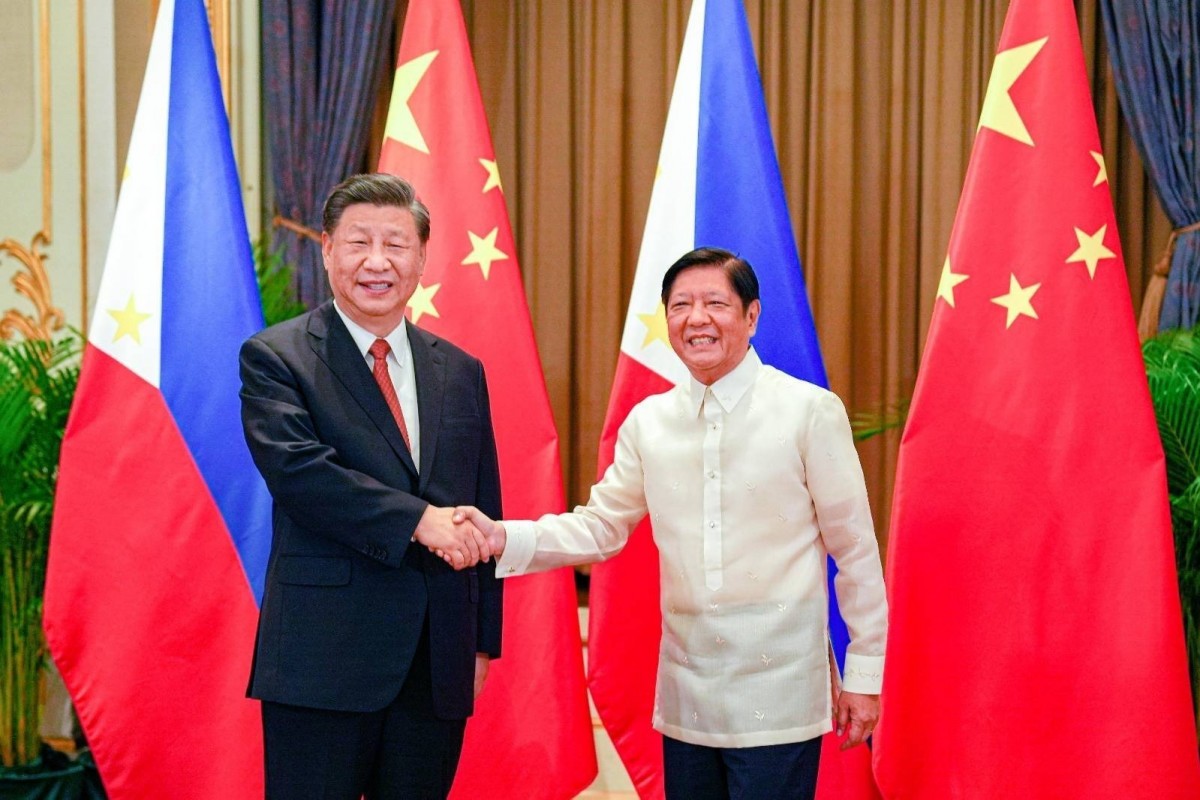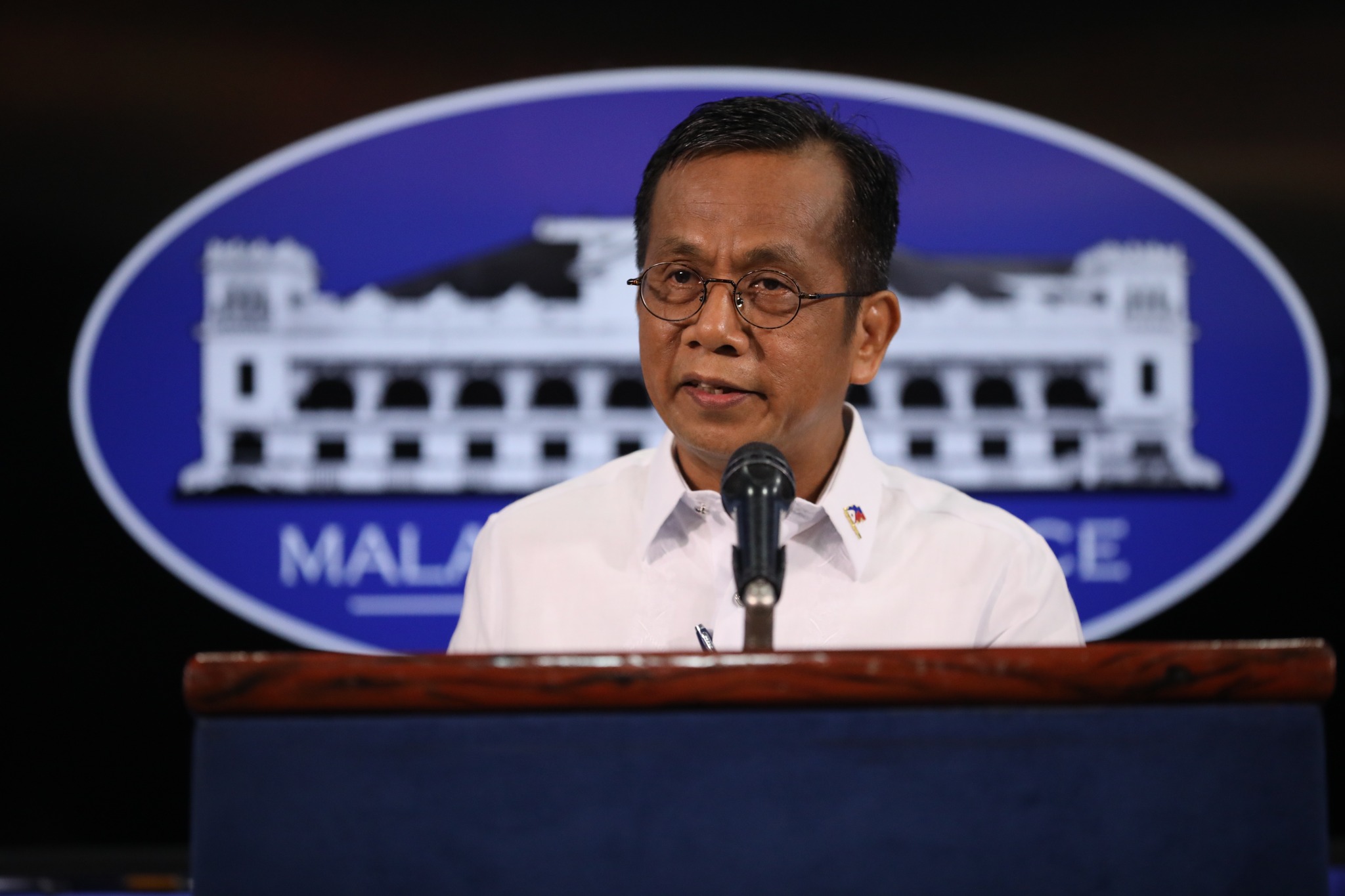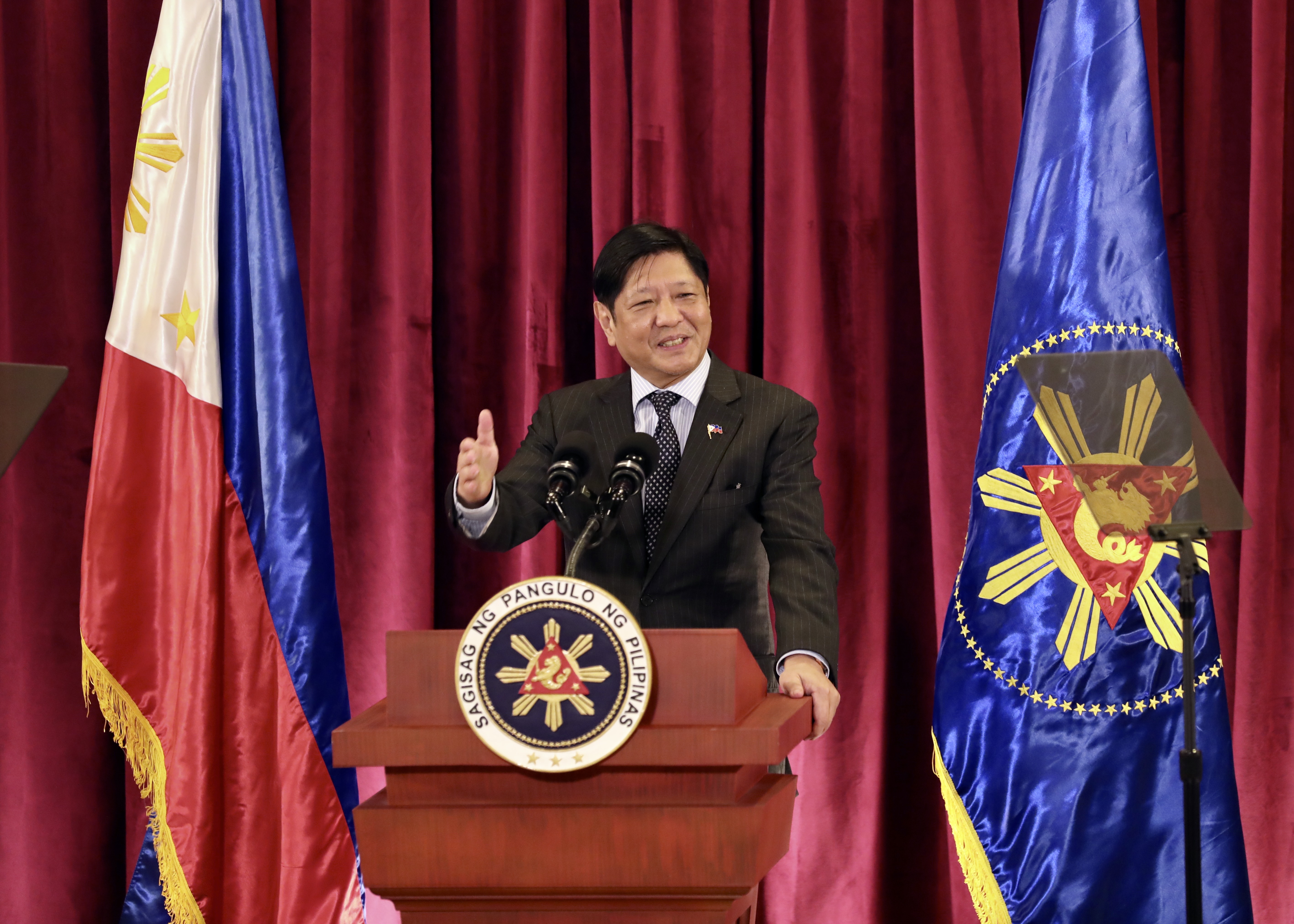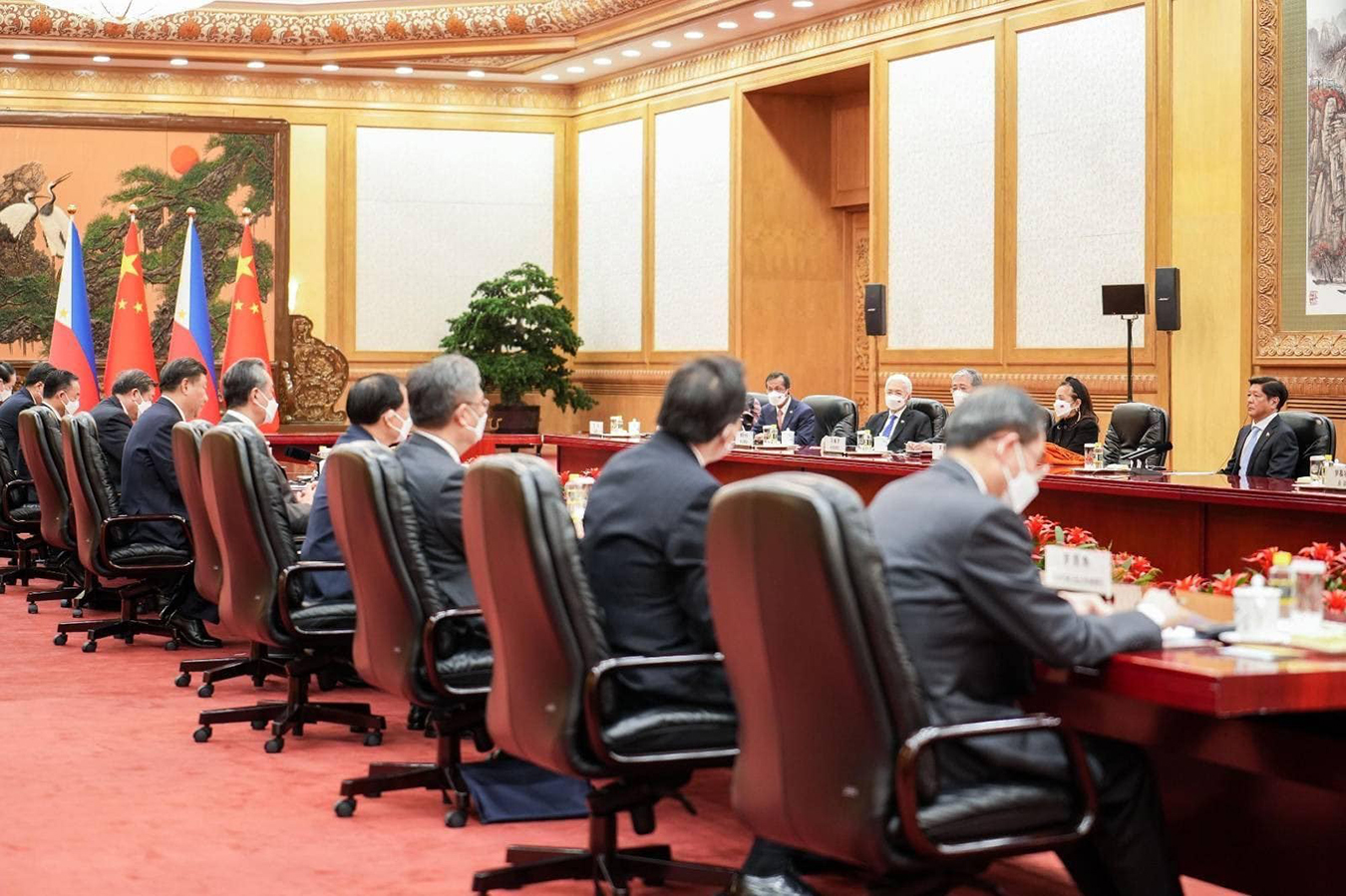QUEZON CITY, (PIA) -- The Philippines will not invoke the country’s Mutual Defense Treaty (MDT) with the United States following the incident of a Chinese Coast Guard Vessel directing a military-grade laser light at the Philippine Coast Guard (PCG) vessel BRP Malapascua last February 6 in the West Philippine Sea.
President Ferdinand R. Marcos Jr. said if the treaty will be activated, “it will only intensify the tensions and it will be counterproductive.”
“We are in constant contact, of course, with our treaty partners, not only with the United States but also our ASEAN partners and our partners here in Asia and that I think is the better recourse rather go directly to the Mutual Defense Treaty, which again, I am very concerned would provoke the tensions rather than cool the tensions down,” the President said.
To voice out his concern over the growing frequency and intensity of actions by China against Filipino fishermen and the Philippine Coast Guard, the President summoned Chinese Ambassador Huang Xiian. He said the laser-pointing incident was a part of the escalating actions of the maritime militia, coast guard, and the navy of China.
“I said we have to find a way around this because if we are such close friends such as China and the Philippines, these are not the kind of incidents that we should be talking about between the President and the Ambassador to the Philippines from China,” the President said. He also reminded Ambassador Huang Xiian that this is not what he and President Xi (Jinping) agreed upon when he visited him in Beijing.
During President Marcos’ visit, he and Chinese President Jinping declared to establish a “direct communication mechanism” to avert possible miscommunication in the West Philippine Sea (WPS). They made this agreement in a joint statement that was released on the last day of President Marcos’ state visit to China.
The communication line will be open between the Department of Boundary and Ocean Affairs of the Ministry of Foreign Affairs of China and the Maritime and Ocean Affairs Office of the Philippines’ Department of Foreign Affairs (DFA).
The two presidents restated the importance of the Foreign Ministry and Consultations and the Bilateral Consultation Mechanism on the West Philippine Sea and agreed that “confidence-building measures would contribute to improving mutual trust.”
Both of them also reaffirmed the importance of the Declaration on the Conduct of Parties in the South China Sea (DOC) in preservation of peace and stability in the West Philippine Sea.
President Marcos talked about the predicament of Filipino fishermen in the West Philippine Sea (WPS) to Chinese President Xi Jinping and the latter agreed to compromise in order to avoid misunderstanding and protect the livelihood of Filipino fishermen and to “find a solution.”
In an interview, President Marcos said “On the political front, we also discussed what we can do to move forward to avoid any possible mistakes, misunderstandings that could trigger a bigger problem than what we already have.”
Meanwhile, the Department of Foreign Affairs has protested the latest aggressive activities of the Chinese Coast Guard (CCG) against Philippine official vessels in the vicinity of Ayungin Shoal, which include the use of a military-grade laser on members of the Philippine Coast Guard (PCG).
According to DFA Spokesperson Ma. Teresita Daza, “The Philippines has the prerogative to conduct legitimate activities within its exclusive economic zone and continental shelf. China does not have law enforcement rights or powers in and around Ayungin Shoal or any part of the Philippine EEZ.”
This diplomatic protest which condemned the shadowing, harassment, dangerous maneuvers, directing of military-grade laser, and illegal radio challenges by CCG vessel 5205 against PCG vessel BRP Malapascua on February 6, 2023 was released to the Chinese Embassy in Manila last February 14, 2023.
The DFA declared that the actions of CCG 5205 against the PCG vessel constituted a threat to Philippine sovereignty and security as a state, and are infringements of its sovereign rights and jurisdiction over its exclusive economic zone.
Spokesperson Daza added, “We call on China to comply with its obligations under international law, including the 1982 UNCLOS and the 2016 Award in the South China Sea Arbitration, and direct its vessels to cease and desist from its aggressive activities against Philippine vessels.” (ARB, PIA-CPSD)





